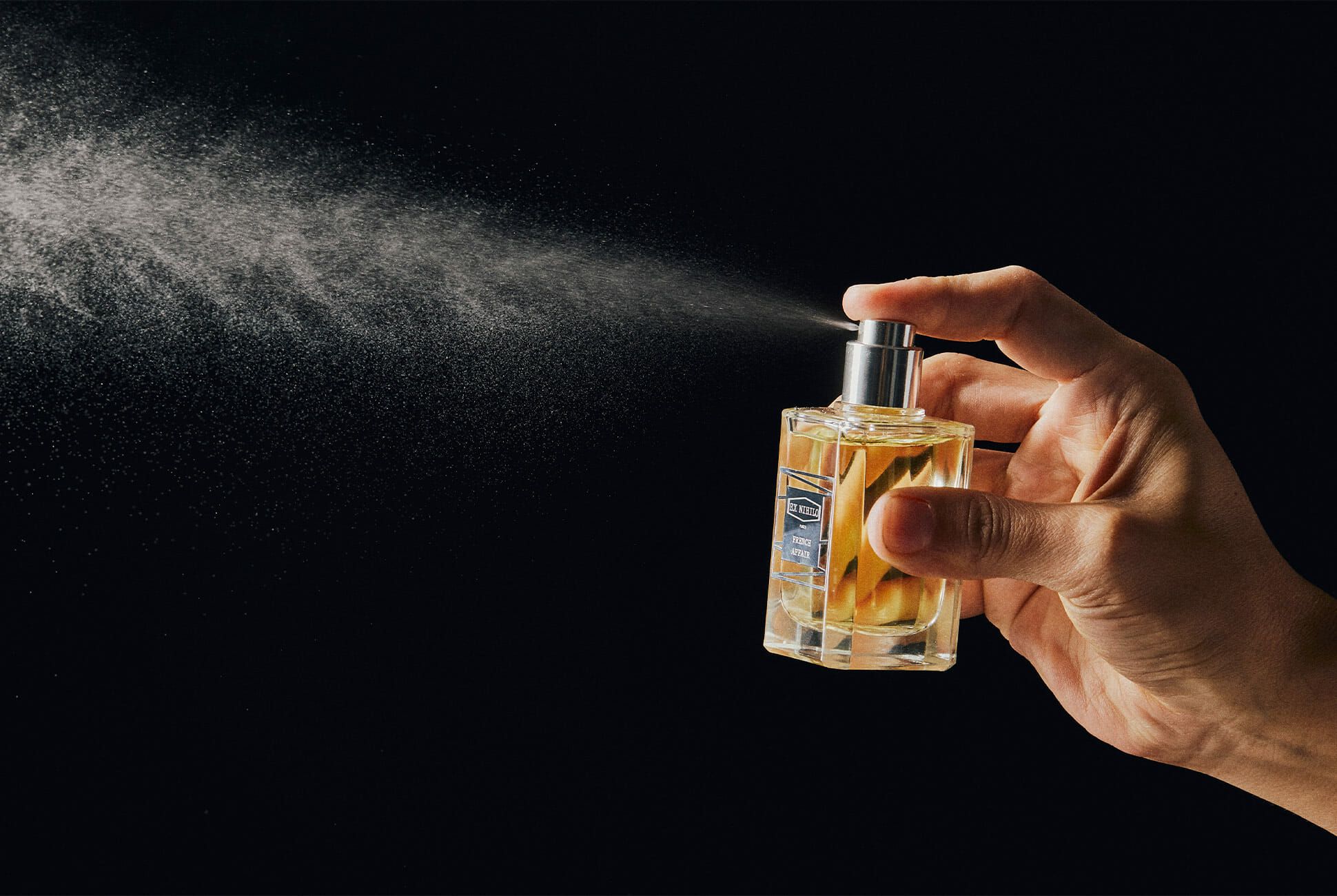Concentration of Perfumes: Unlocking the Secrets to Long-Lasting Fragrance
Introduction
Perfumes have long been used to enhance our personal scent, leaving a lasting impression on those around us. The key to a successful fragrance lies not only in its captivating notes but also in its concentration. Understanding the concentration of perfumes and how to extend their longevity is crucial for fragrance enthusiasts. In this article, we delve into this fascinating topic, exploring how perfume concentration affects its staying power and offering tips on how to control the age of perfumes.
In the world of perfumery, concentration refers to the amount of fragrance oils present in a perfume composition. Typically, higher concentrations result in a more potent and long-lasting scent. There are several categories of perfume concentration, each with its own unique characteristics.
Understanding Perfume Concentration
Perfumes come in different concentrations, each characterized by the proportion of fragrance oils to alcohol and water. The higher the concentration of fragrance oils, the more potent and long-lasting the scent. The varying concentrations can be categorized into five main types: perfumes, also known as parfum, eau de parfum, eau de toilette, eau de cologne, and eau fraiche.
At the pinnacle of intensity lies perfume or Extrait de Parfum, or parfum, which typically has the highest concentration of fragrance oils, ranging from 15% to 40%. Parfum is known for its luxurious and long-lasting nature, often lasting for up to 24 hours or more According to the type of fragrance used. Due to its higher concentration, parfum is more expensive than other fragrance types.
Eau de parfum (EDP) follows next in concentration, containing between 10% and 30% fragrance oils. With a slightly lighter composition, eau de parfum still carries a substantial scent that can endure for 6 to 8 hours. This type is a popular choice among individuals seeking a balance between intensity and longevity.
Moving further down the concentration spectrum, we find eau de toilette. Eau de toilette (EDT) contains around 5% to 20% fragrance oils, making it a lighter option with a shorter lifespan compared to parfum and eau de parfum. It generally lasts for about 4 to 6 hours and is favored by those seeking a more subtle scent.
Next, we have eau de cologne (EDC), which typically contains approximately 2% to 4% fragrance oils. Known for its refreshing and invigorating qualities, eau de cologne delivers a lighter projection and lasts for roughly 2 to 4 hours. It is often favored in warmer climates or for daytime use.
Finally, eau fraiche is the least concentrated form of fragrance, containing only 1% to 3% fragrance oils. Often mistaken for eau de cologne, eau fraiche has an even lighter composition and usually lasts for an hour or less. Its main purpose is to provide a subtle, refreshing hint of fragrance.
Controlling the Age of Perfumes
To ensure perfumes maintain their freshness and longevity, certain measures can be taken to control their age. Firstly, proper storage is essential. Keep your perfumes away from direct sunlight, heat, and humidity, as these elements can degrade the fragrance oils and alter their scent. Storing fragrances in cool, dark areas such as a drawer or closet helps preserve their quality.
Secondly, minimizing exposure to air is crucial. When exposed to air, perfumes can oxidize, which alters their chemical composition and diminishes their potency. Tightening the cap immediately after use and avoiding prolonged exposure to air can prevent this oxidation process.
Furthermore, avoiding rapid temperature fluctuations can extend the lifespan of perfumes. Fluctuating temperatures can cause expansion and contraction within the bottle, potentially affecting the fragrance's stability. Therefore, it is advisable to keep perfumes in a consistent, moderate-temperature environment.
Conclusion
In the world of fragrances, understanding the concentration of perfumes is essential for those seeking a lasting and captivating scent. From the intense and expensive parfum to the lighter and more affordable eau fraiche, the concentration of fragrance oils greatly determines a perfume's longevity. By following proper storage techniques and measures to control age, perfume enthusiasts can enjoy their beloved scents for an extended period. So, whether it's a deep and lingering fragrance or a refreshing hint of scent, let concentration and careful care be your guide to perfume perfection.

.png)


